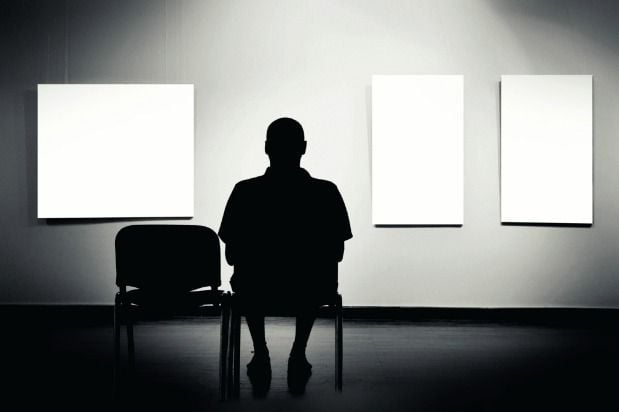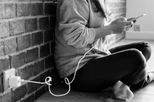While substance abuse is prevalent in many groups of people, one of the most glorified usages is that in the art world.
A deceptive argument for this particular community is that drugs are a tool for creativity. Ken Kesey, Alan Ginsberg, Jack Kerouac and many other writers helped popularize drugs as part of the American artistic process. Like them, many other artists of various mediums have become infamous for rampant drug and alcohol abuse that supposedly birthed their artistic expressions. Musical acts in the 60s, such as Jimi Hendrix, Janis Joplin, Jim Morrison and the Beatles, have all recorded tracks while under the influence that are still receiving radio airtime today.
Some artists also engage in heavy substance abuse for reasons other than creative expression. Before their untimely suicides, Ernest Hemingway and Hunter S. Thompson were drinking alcohol excessively in order to cope with depression. As a matter of fact, Hemingway had a long genealogical background of depression, which ultimately ended in the suicides of seven of his family members. Edgar Alan Poe also allegedly suffered from depression, which some say had caused his rather destitute life as he spent the majority of his earnings on booze.
The Role of Mental Illness
Kay Jamison, a psychiatry professor at the John Hopkins School of Medicine, cites that there appears to be a particularly high frequency of mental illness among creative writers. Jamison, who has written extensively on the connection of creativity and mood disorders, writes in a CNN editorial that “those with bipolar illness were disproportionately likely to be overrepresented in creative occupations … [as well as] their first-degree relatives.” She also writes, “[C]ognitive factors associated with bipolar illness can, in some people, make them more creative by increasing the fluency and originality of their thinking, as well as by increasing risk-taking, ambition, energy, exuberance and a desire to create meaning from suffering and chaos.”
Some sources conclude that artists tend to abuse substances for two varying reasons: to enhance their creativity or to mask their chronic mental illnesses. Even though vast advances in the mental health community have made it easier to diagnose and formally treat mental illnesses, some individuals claim that pharmaceutical treatments for mental disorders have stunted their creative edge. Thus the cycle of using continues, with the desire of creating good art too strong of a force to quit.
Those who choose to do so, however, dabble in a very dangerous game. Despite short-term gains based on their onslaught of creative production, the long-term effects of frequent drug abuse can largely damage many cognitive functions of the brain. At any point, they also risk the possibility of alcohol poisoning or drug overdose.
True Artistic Output
Substance abuse is not necessarily the answer to writer’s block or crafting the perfect guitar riff. While marijuana, psychedelics and other stimulants appear to crack open a Pandora’s box of creativity, the individual isn’t actually truly crafting his or her own artistic expression—rather, he or she is entirely dependent on drugs or alcohol as a creative crutch.
As an artist, it is important to remember that you don’t need to take drugs in order to be successful. The mind is a wondrous creation that is already fully equipped for artistic expression without the assistance of substances. Truth is, the purest form of artistic expression really happens when an artist is able to function on his or her own accord, fully trusting in the ability to craft something original with a strong, sober mind.
If you or someone you know is seeking help with addiction, please visit our directory of treatment centers or call 866-606-0182 to start the path to recovery today.








